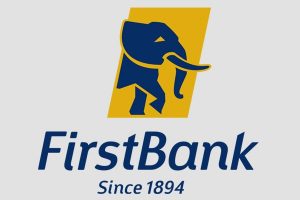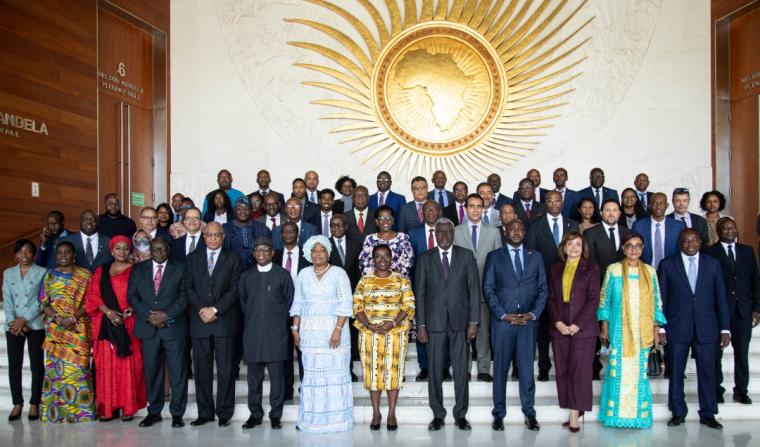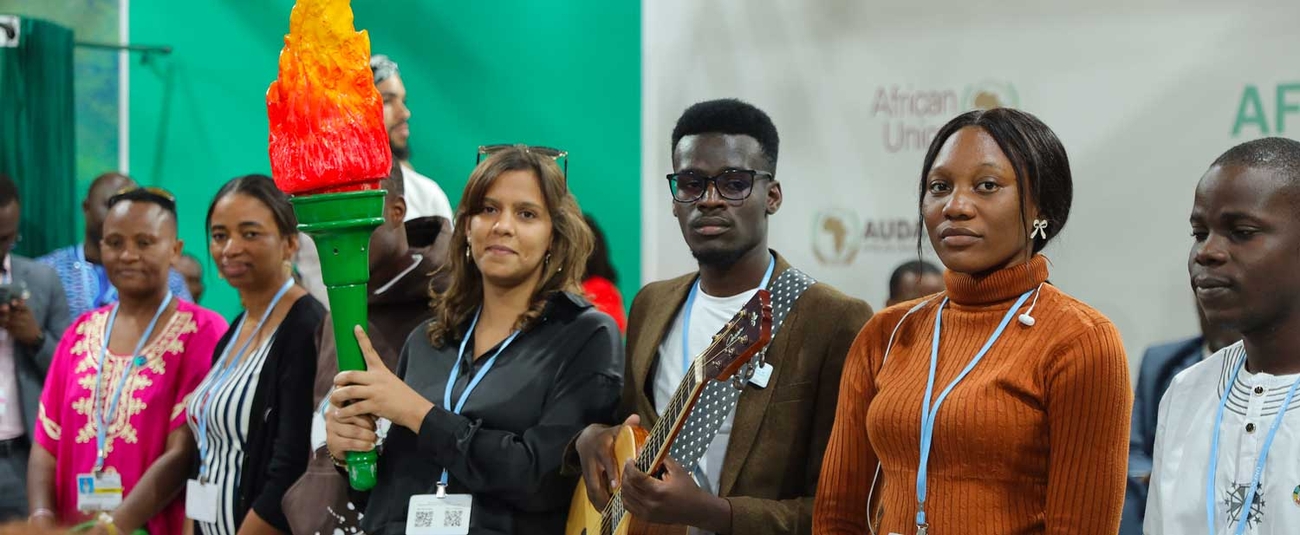 In recent years, there has been a growing demand for businesses to make a positive impact on society and the environment while generating profits. Impact investing is a strategy that focuses on creating social and environmental outcomes while driving financial returns. One company that has embraced impact investing is First Bank. Corporate social responsibility (CSR) is a means of impact investing and an essential aspect of business operations that has gained increasing recognition over the years. The idea of CSR is to enable businesses to contribute positively to society while still creating profits. First Bank has been a trailblazer in implementing effective CSR policies in various countries, particularly through impact investing. In this article, we will examine how impact investing has enabled First Bank to drive social change and profit.
In recent years, there has been a growing demand for businesses to make a positive impact on society and the environment while generating profits. Impact investing is a strategy that focuses on creating social and environmental outcomes while driving financial returns. One company that has embraced impact investing is First Bank. Corporate social responsibility (CSR) is a means of impact investing and an essential aspect of business operations that has gained increasing recognition over the years. The idea of CSR is to enable businesses to contribute positively to society while still creating profits. First Bank has been a trailblazer in implementing effective CSR policies in various countries, particularly through impact investing. In this article, we will examine how impact investing has enabled First Bank to drive social change and profit.
First Bank in Africa and CSR
The First Bank of Nigeria was founded in 1894 and is the oldest bank in Nigeria. It has a network of over 750 branches across Nigeria and a presence in six other African countries, including Ghana. First Bank has been committed to CSR initiatives for several decades and has consistently demonstrated its support for the community. The bank’s CSR initiatives are centred around five key pillars: environmental sustainability, economic empowerment, health, education, arts, culture, and heritage.
Environmental Sustainability
The First Bank’s CSR initiatives are aimed at promoting sustainable development and improving the lives of its customers and the communities in which it operates. The bank has implemented several policies and initiatives aimed at achieving these objectives.
Renewable energy is one impact investing initiative that the First Bank of Ghana has invested in. The bank’s investments in renewable energy projects have helped promote sustainable practises and reduce carbon emissions. The bank has invested in several renewable energy projects, including solar power, wind power, and hydropower. These projects have enabled communities to access clean and affordable energy, which has improved their quality of life and reduced their dependence on fossil fuels. This has enabled the bank to drive social change while still creating profits.
In Nigeria, one of the bank’s environment-focused initiatives is the Green Club. The club is aimed at promoting environmental awareness and sustainability among students in secondary schools. The club organises various activities and events to educate students about the importance of environmental sustainability and encourage them to take action to protect the environment.
First Bank also sponsors various environmental programmes and events aimed at promoting sustainability and innovation. For instance, the bank sponsors the annual Nigerian Energy Forum, which brings together stakeholders in the energy sector to discuss key issues and opportunities.
Through its environment-focused initiatives, First Bank is not only creating social value but also driving profit. By promoting environmental sustainability, the bank is enhancing its reputation and building long-term relationships with businesses that prioritise sustainability.
Economic Empowerment
The bank’s impact investing strategies include microfinance. Microfinance involves providing microloans to individuals and businesses in underserved communities. One of the bank’s most successful impact investing initiatives is its microfinance programme. Microfinance involves providing small loans to individuals and businesses in underserved communities who would not ordinarily have access to credit from traditional financial institutions. These loans enable individuals and businesses to start or grow their businesses and create jobs. This, in turn, helps to promote economic development and reduce poverty in the communities in which the bank operates.
The First Bank microfinance programme has successfully promoted financial inclusion and driven social change. The bank has partnered with several microfinance institutions to provide microloans to individuals and businesses in underserved communities. The bank’s microfinance programme has enabled many people to access affordable credit, which has helped them start or grow their businesses. The bank’s microfinance programme has also helped to promote financial literacy and financial management skills among its customers.
This enables them to access affordable credit, which can help them start or grow their businesses.
Health
The bank’s investments in healthcare facilities and medical supplies have improved access to healthcare for individuals in underserved communities. The bank’s investments in education initiatives have improved access to education for children in underserved communities.
Health is another key area of focus for First Bank’s CSR initiatives. The bank recognises that access to quality healthcare is essential for economic growth and development. Through its various health-focused initiatives, First Bank is making significant contributions to improving access to healthcare in Nigeria.
One of the bank’s health-focused initiatives is the FirstMed health financing solution. This solution is designed to provide financial support to individuals and families to access quality healthcare. The solution offers flexible repayment terms and low interest rates, making it accessible to a wide range of people.
First Bank also sponsors various health-related programmes and events aimed at raising awareness and promoting healthy living. For instance, the bank sponsors the annual Walk Against Cancer event. The event brings together people from various walks of life to raise awareness about cancer and raise funds for cancer research and treatment. By providing financing solutions for healthcare, the bank is expanding its customer base and building long-term relationships with healthcare providers in Nigeria.
The bank’s investments in healthcare facilities and medical supplies have also improved access to healthcare for individuals in underserved communities and enabled individuals to access quality healthcare services that they would not have been able to afford otherwise. The bank has partnered with several healthcare institutions to provide medical supplies, equipment, and facilities in underserved communities. This has helped to improve the quality of healthcare in these communities, reduce the incidence of preventable diseases, and promote better health outcomes.
Education
The bank’s investments in education initiatives have enabled children in underserved communities to access quality education. The bank has partnered with several schools and educational institutions to provide scholarships, books, and other educational resources to children in these communities. These investments have helped to improve educational outcomes and promote better opportunities for these children in the future.
One of the bank’s education-focused initiatives is the FirstEdu loan. This loan is designed to provide financial support to private schools in Nigeria. The loan is aimed at helping private schools upgrade their facilities, expand their operations, and improve the quality of education they offer. The loan also comes with a training programme for school administrators to help them manage their schools more effectively.
FIRSTEDU LOAN HAS ENHANCED EDUCATION BY PROVIDING FINANCIAL SUPPORT TO PRIVATE SCHOOLS
First Bank’s support for education goes beyond providing loans to private schools. The bank also sponsors educational programmes and events that promote knowledge sharing and innovation. For instance, the bank sponsors the annual Nigerian Universities Accounting Students’ Association (NUASA) conference. The conference brings together accounting students from various universities in Nigeria to share knowledge and learn from industry experts.
Through its education-focused initiatives, First Bank is not only creating social value but also driving profit. By supporting private schools, the bank is expanding its customer base and building long-term relationships with educational institutions in Nigeria.
The impact of the First Bank CSR initiatives
Impact investing has enabled the First Bank to create profits while still generating positive social change. Impact investing enables the bank to reach underserved markets and create new business opportunities while still generating profits.
The First Bank’s commitment to CSR has helped enhance its reputation and brand recognition. The bank’s customers are more likely to do business with a company that demonstrates a commitment to creating positive social change. The bank’s CSR initiatives have helped to build a loyal customer base, enhance its brand recognition, and contribute to the development of the country.
The First Bank is a leading commercial bank that is committed to contributing to the development of the country through its CSR initiatives. The bank’s impact investing strategies, including microfinance, renewable energy, healthcare, and education, have enabled it to create profits while still generating positive social change. These initiatives have helped to promote financial inclusion, reduce poverty, promote sustainable practises, improve access to healthcare, and promote access to quality education. The bank’s commitment to CSR has helped to enhance its reputation and brand recognition and contribute to the development of the country.




